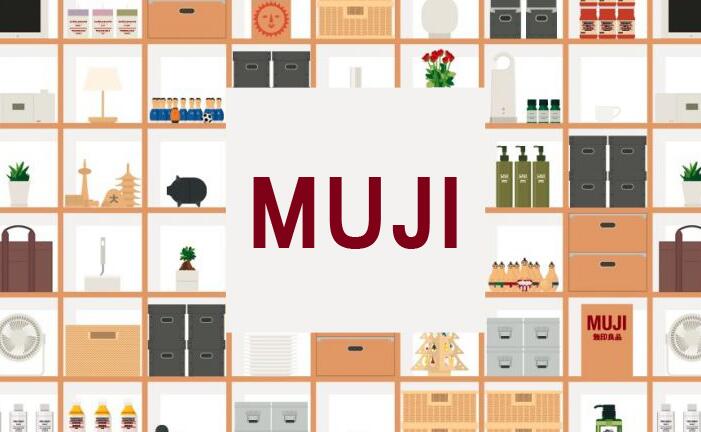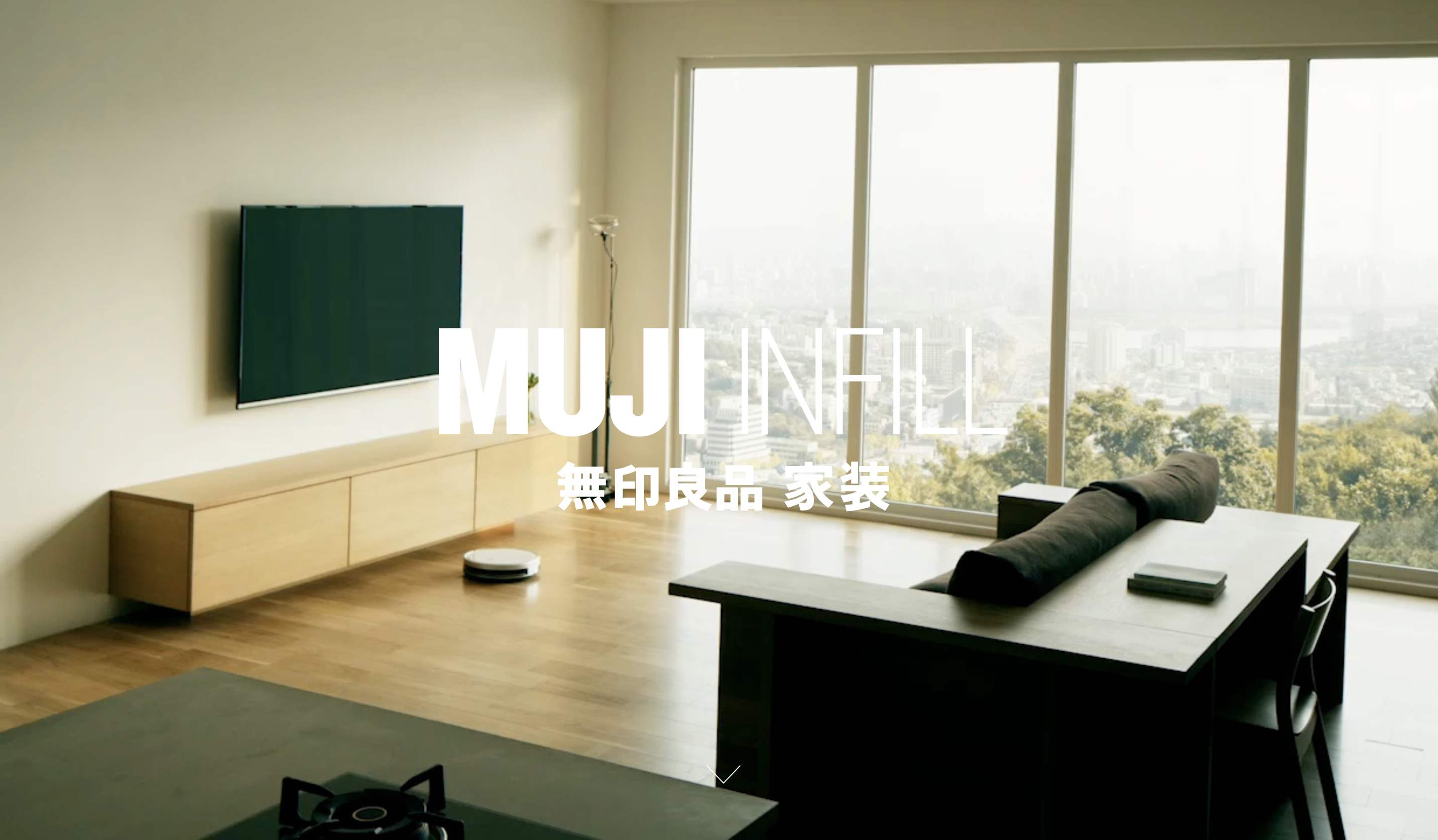
News that carcinogens had been found in some of Muji's biscuits in Hong Kong, China (HK) raised food safety concerns among consumers in the Chinese mainland on Wednesday. It's necessary for regulators to warn about any carcinogen existence in foods, and to roll out food security limits is even more important, analysts said.
Glycidol and acrylamide, which could cause cancer above certain levels, has been detected in parts of biscuit products bought in HK from August to October, 2018. Further, a kind of hazelnut oat biscuit produced in Malaysia, had the highest amount of carcinogens recorded, HK Consumer Council said in a report on Tuesday, according to Beijing Youth Daily.
Muji, a Japanese brand that is popular with Chinese middle class, declined to confirm to the Global Times whether related products had been taken off the shelves in the Chinese mainland on Wednesday, after the news raised concerns among consumers on Sina Weibo, and that the particular Hazelnut oat biscuit had been found to be off the shelves in many online stores.
A consumer surnamed Zhang in Beijing told the Global Times on Wednesday that she would not buy Muji's foodstuffs until their food is proved to be safe.
"Although I liked Muji's biscuits, food safety deserves the highest attention," Zhang said.
However, analysts said consumers should not be overly worried about it.
It's not the first time these two substances have been detected in HK's food markets, but the safe limit still has not been formed.
Lui Man Yee, press officer of HK Food and Environmental Hygiene Department, said on Tuesday that local regulators are still working on the limits for these substances, and as with similar cases, the regulator will take samples from the market and evaluate the risks, according to Beijing Youth Daily.
If the risk assessment results show that the food is not suitable for consumption, the merchants will be required to stop selling food, Lui said.
An industry source told the Global Times on Wednesday that no country has upper limits for acrylamide now, and only the EU has limits for glycidol since April 2018.
It's hard to evaluate risks without details of the amounts, he said on the condition of anonymity.
The opinion is echoed by Zhu Danpeng, a food industry analyst based in Guangzhou, capital of South China's Guangdong Province.
Food safety issues matter the most, but the rapid development of the industry has created many new regulatory gaps that need a fix, and then the need to develop new standards and policies, Zhu told the Global Times on Wednesday.
It's necessary for regulators to warn about new risks, and it's even more important to roll out limits and standards in a timely manner, Zhu added.
(Source: globaltimes)



























 沪公网安备31010402003309号
沪公网安备31010402003309号